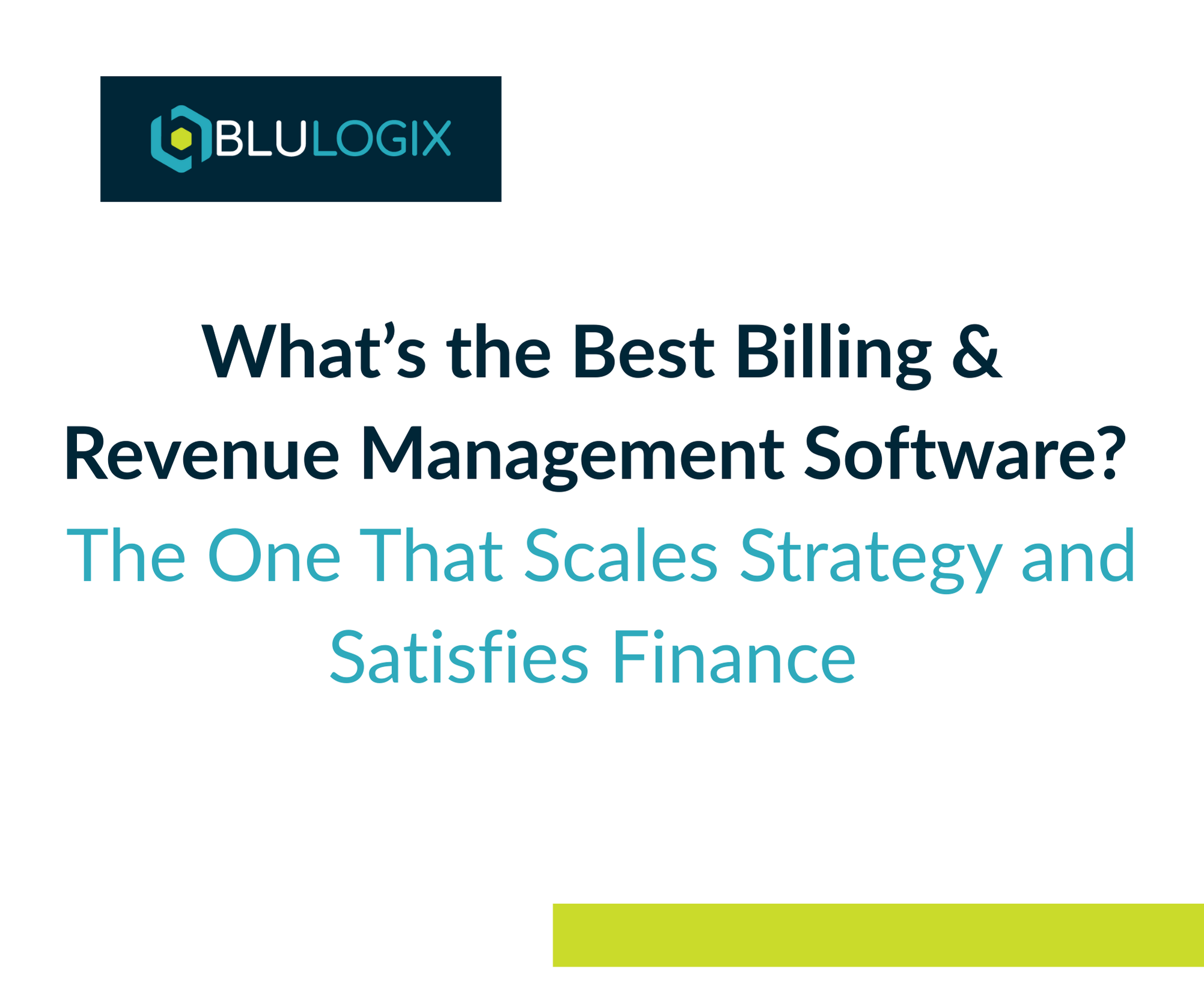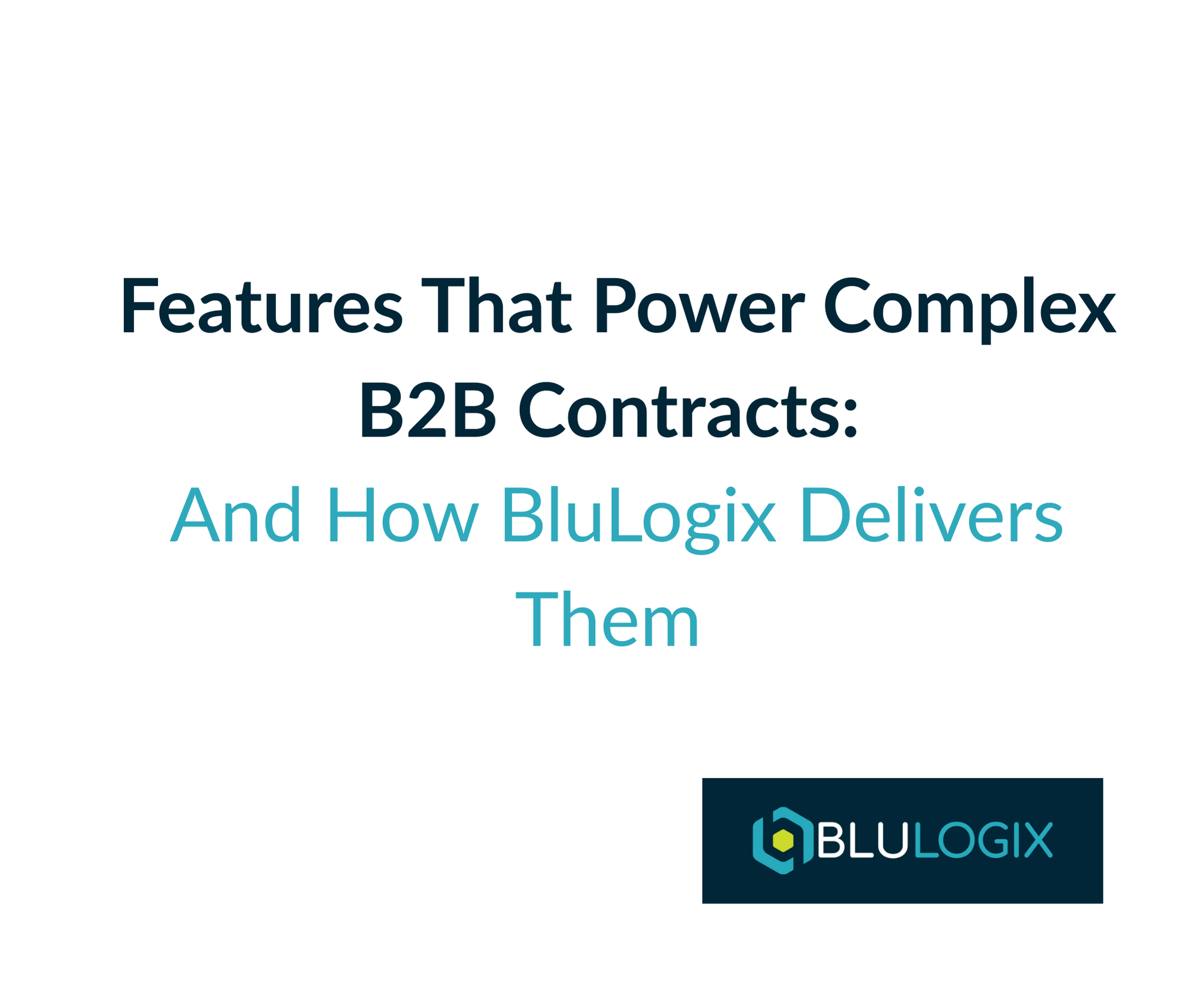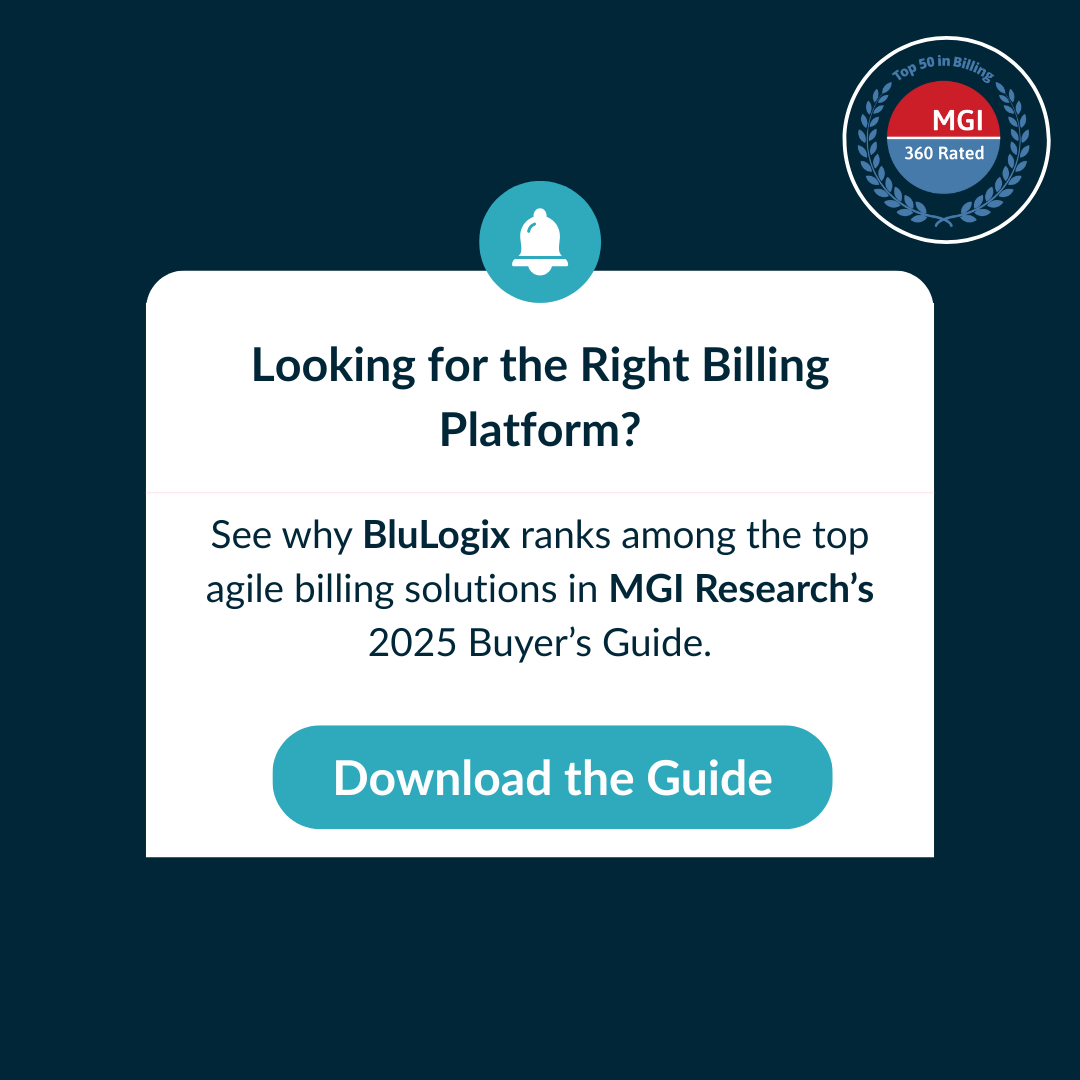What Is Revenue Intelligence? 3 Ways It Drives Smarter Business Growth
Combining Revenue Intelligence with Actionable Insights
Ready to see how BluIQ can transform your billing process and help you achieve integrated, automated, and accurate complex monetization? Schedule a demo with a BluLogix billing expert today and take the first step towards revolutionizing your revenue management.
What is Revenue Intelligence?
Revenue Intelligence is the collection, analysis, and application of data across every revenue-generating function in a business. It provides a real-time, 360-degree view of your revenue streams, helping you understand:
- Where revenue is coming from
- What factors are influencing performance
- How customer behavior, pricing, and sales cycles are impacting outcomes
Unlike traditional revenue tracking, Revenue Intelligence uses AI and analytics to connect data from sales, finance, operations, and customer success. The result? Actionable context around what’s working, what’s stalling, and where untapped opportunities exist.
But data alone won’t get you there.
Why Actionable Insights Matter
While Revenue Intelligence answers the “what,” Actionable Insights answer the “so what”—and most importantly—the “now what.”
Actionable Insights translate analytics into next steps. They guide decisions, align teams, and inform strategic moves. For example:
- If revenue intelligence shows a product’s churn rate is increasing, an actionable insight might recommend testing a retention campaign or refining onboarding.
- If pricing trends reveal seasonal sensitivity, insights may prompt you to create limited-time offers that align with demand patterns.
In essence, Revenue Intelligence gives you the signal; actionable insights tell you how to respond.
3 Ways Revenue Intelligence + Actionable Insights Drive Growth
1. Smarter, Targeted Decisions
Revenue Intelligence helps pinpoint which segments, services, or offerings are driving the most value. With insights layered on top, you can make faster, more informed decisions—allocating time, resources, and attention where they’ll have the highest impact.
2. Dynamic Pricing and Packaging
Analyzing historical revenue data often uncovers hidden pricing levers. With insights, businesses can adjust models in real time—like introducing tiered pricing, usage-based options, or bundling strategies that align with how customers engage and buy.
3. Proactive Revenue Management
Instead of reacting to lagging KPIs, teams can act early. Revenue Intelligence reveals patterns in customer lifetime value, retention, or renewals. Insights then drive initiatives to prevent churn, increase upsell opportunities, or shift sales focus before problems scale.
Revenue Intelligence in Action: Real-World Examples
- A SaaS company uses Revenue Intelligence to find that most downgrades happen after six months. With this data, they launch targeted education and loyalty incentives at the five-month mark—reducing churn by 15%.
- A managed services provider spots a seasonal dip in Q1 revenue. Actionable insights lead them to ramp up outreach and launch promotions in February—flattening seasonal dips and creating more consistent revenue flow.
Turning Numbers into Opportunities
Too many companies have the data but not the strategy. Revenue Intelligence alone tells you what’s happening—but only through actionable insights can you change what happens next.
This combination is how companies shift from reactive reporting to strategic, forward-thinking execution. It allows leadership to connect revenue goals with real-time activity—and gives teams the clarity to act fast, adjust often, and grow smarter.
Conclusion: Data Is Not Enough
The future of revenue growth lies in the ability to turn financial data into strategy. By combining Revenue Intelligence with actionable insights, businesses gain the power to move from numbers to action—unlocking growth, aligning teams, and shaping a more profitable future.
Ready to see how BluIQ can transform your billing process and help you achieve integrated, automated, and accurate complex monetization? Schedule a demo with a BluLogix billing expert today and take the first step towards revolutionizing your revenue management.
Learn more

What’s the Best Billing & Revenue Management Software? The One That Scales Strategy and Satisfies Finance

Features That Power Complex B2B Contracts — And How BluLogix Delivers Them



